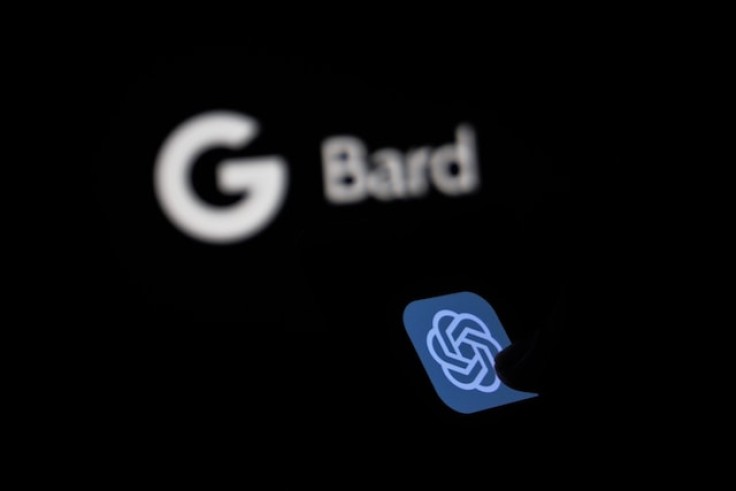
Artificial Intelligence (AI) has seamlessly integrated itself into various aspects of our lives, including education. A recent study conducted by education technology firm RM Technology has shed light on a concerning trend: the growing use of AI by students to complete their academic assignments.
The study reveals that a substantial number of teachers are convinced that their students are relying on AI apps to accomplish their schoolwork, with a significant proportion of educators struggling to differentiate between authentic student submissions and work generated by AI systems.
The Survey's Findings
The survey, which involved 500 secondary school teachers, provides a comprehensive view of the evolving landscape of education in the digital age. According to the findings, approximately two-thirds of teachers believe that they frequently receive assignments that were written by AI programs. An even more surprising revelation is that nearly 9% of teachers openly admit that they cannot distinguish between work produced by their students and work created by AI.
The prevalence of AI in the classroom has raised valid concerns among educators. About 41% of the surveyed teachers expressed the need for more stringent regulations governing the use of AI in education. With 31% advocating for governmental intervention to oversee the proper use of AI, it is evident that educators are grappling with the challenges presented by this technology.
Mel Parker, a former headteacher who now serves as a consultant for RM Technology, emphasized the urgency of government regulation in the context of safeguarding. She asserted that the potential misuse of AI by students necessitates a robust framework that ensures responsible usage. Parker's perspective aligns with the growing demand for clearer guidelines that delineate the boundaries of AI implementation in education.
As AI rapidly evolves, teachers are faced with the daunting task of staying abreast of these advancements to guide their students effectively. Parker stressed the need for comprehensive training programs that enable educators to engage with students on the subject of AI responsibly.
Teachers should not only be equipped with the technical know-how to identify AI-generated content but also possess the skills to initiate meaningful discussions on its ethical use. The challenge, Parker noted, is to facilitate conversations around the responsible use of AI and encourage students to explore its potential as a learning tool rather than a shortcut to success.
Read also: Artificial Intelligence In STEM Education: Can AI Eliminate The Gender Gap In STEM-Related Fields?
Navigating the Student-Knowledge Gap
A particularly intriguing finding of the survey was that more than a third of teachers acknowledged that their students possess a greater understanding of AI than they do. This knowledge asymmetry not only highlights the rapid integration of AI into students' lives but also underscores the need for educators to adapt and bridge the gap. By enhancing their own understanding of AI, teachers can effectively guide their students and foster an environment where technology is harnessed ethically and productively.
The integration of AI into education has brought forth both opportunities and challenges. The study by RM Technology emphasizes the pressing need for a comprehensive approach to AI implementation in schools. Adequate regulation, proper training, and engaging dialogues about responsible AI use are imperative for creating a harmonious coexistence between technology and education. As the educational landscape continues to evolve, educators, policymakers, and technology providers must collaborate to ensure that AI serves as a tool for empowerment rather than a means of circumventing genuine learning experiences.
Related Article: ChatGPT: How Parents Can Help Kids Understand the Proper Use of AI for Learning